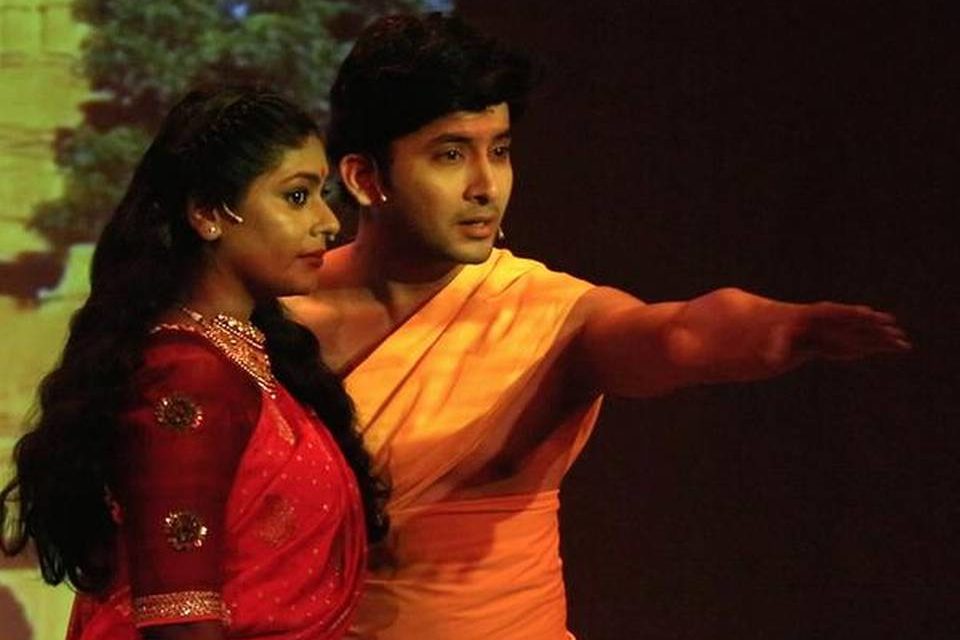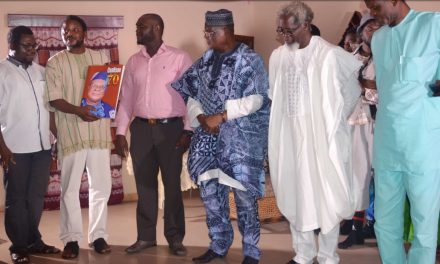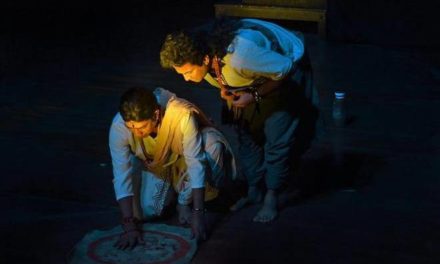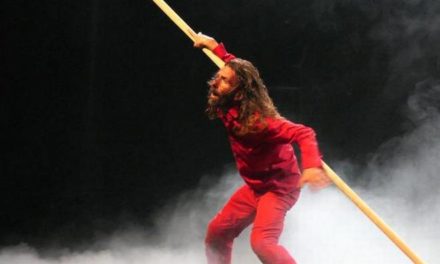Isheeta Ganguly’s Sundays With Chitra And Chaitali brings to life once again, the tale of the mythical character Chitrangada, in a modern context.
In The Mahabharata, Arjuna scorns Chitrangada for being a warrior princess who is not feminine enough. She then transforms herself into a sensual goddess to win the affection of Arjun, and predictably, the latter falls in love with her. Chitrangada who later realizes the frivolity of this exercise, makes Arjuna understand who she really is. Based on this significant tale from the epic and Rabindranath Tagore’s adaptation of the same, Isheeta Ganguly’s third production Sundays With Chitra And Chaitali set in a contemporary context explores whether such expectations still hold true.
Here, Chitra is brought into a coffee shop where she meets her friend (Chaitali), for four Sundays in a row, to discuss the quagmires of their personal lives and careers. While Chitra is a flight attendant with an aggressive and bold personality, Chaitali, a stylist, fosters a much more passive outlook to life. As their conversations progress, both realize the truth about themselves, serving the audience with an elaborate insight into their characters. As the story unravels, the audience realizes that they are the yin to the others’ yang. The narrative also shuttles between a modern setting and the scenes from the epic.
“My entire style as a writer-director is about bringing classic material into the contemporary. I have adapted a story from The Mahabharata, which was also taken by Rabindranath Tagore to create a musical dance-drama called Chitrangada in the 19th Century,” says Isheeta Ganguly, the writer-director of the play.

Fascinated by all things Tagore, Isheeta observes that the problems that Tagore’s heroines battled are still relevant and very much present. Her characters thus draw from Chitrangada of the epic who in the tale battles between her masculine and feminine side.
“The issues of gender, self esteem, women finding relevance in the world around them—these issues still remain as silent struggles while we negotiate what it means to be free,” continues Isheeta, who has also been an avid follower and practitioner of Rabindra Sangeeth from the age of 15.
Isheeta, though born in Kolkata, was raised entirely in the US. For her, Tagore and Rabindra Sangeet, meant a home away from home.
“My guru, Suchitra Mitra, had given the voice to Chitrangada in the original work of Tagore and I grew up listening to those. When Chitra reveals herself to Arjuna, there is a chilling song through which Chitrangada reclaims her identity. All of this inspired me to do a modern retelling of this powerful story,” says Isheeta, about the inception of the play.
The parallel narratives are complemented by music composed by renowned musician Pritam Chakraborty.
While focusing on mythological stories and legends, how does the director pick and choose from the multitude of narratives available?
“What I look at in terms of adaptation is the character. These women, in terms of their vulnerability, pain, dreams, and regrets, are relevant to you and I even in 2018. The other thing I look at as a playwright and storyteller, is how the story can be told in a concise, riveting manner, which leaves the audience inspired,” says the director.
Sundays With Chitra And Chaitali is hosted by ITC Hotels through their WelcomTheatre initiative, which intends to draw focus on the indigenous arts and culture of India. It will be performed on November 17, at 8.15 pm at Rajendra Hall, ITC Grand Chola.
This post was written by the author in their personal capacity.The opinions expressed in this article are the author’s own and do not reflect the view of The Theatre Times, their staff or collaborators.
This post was written by Gowri S.
The views expressed here belong to the author and do not necessarily reflect our views and opinions.


















